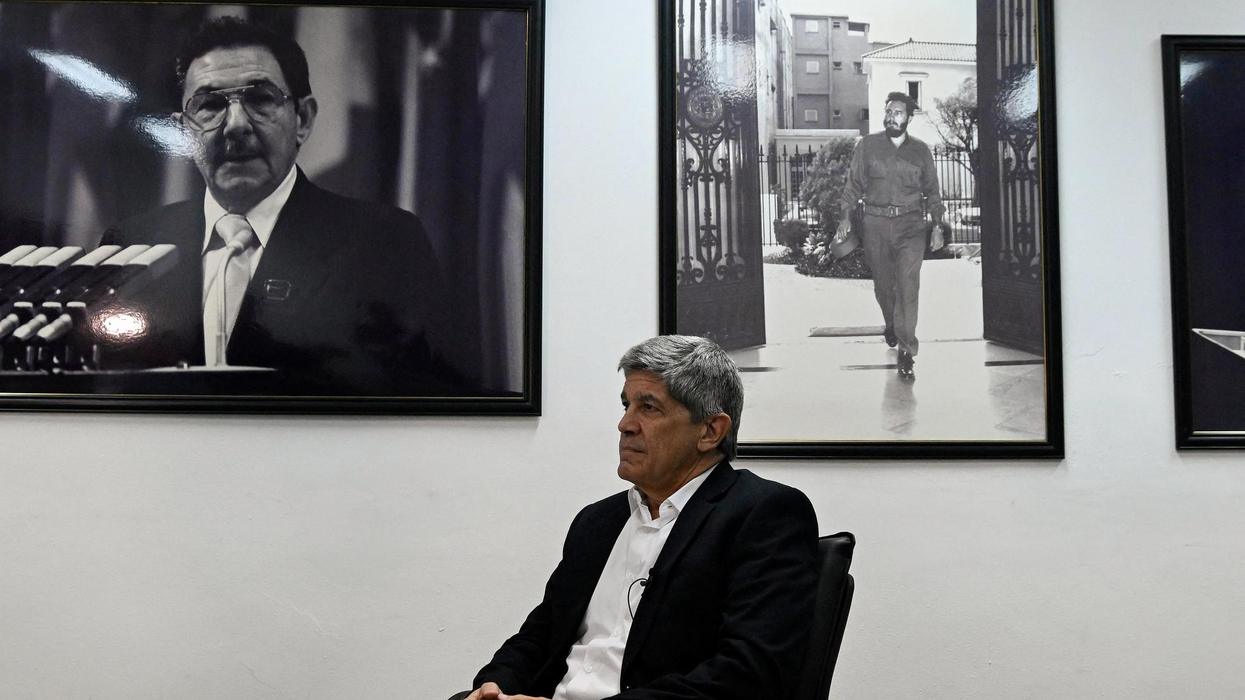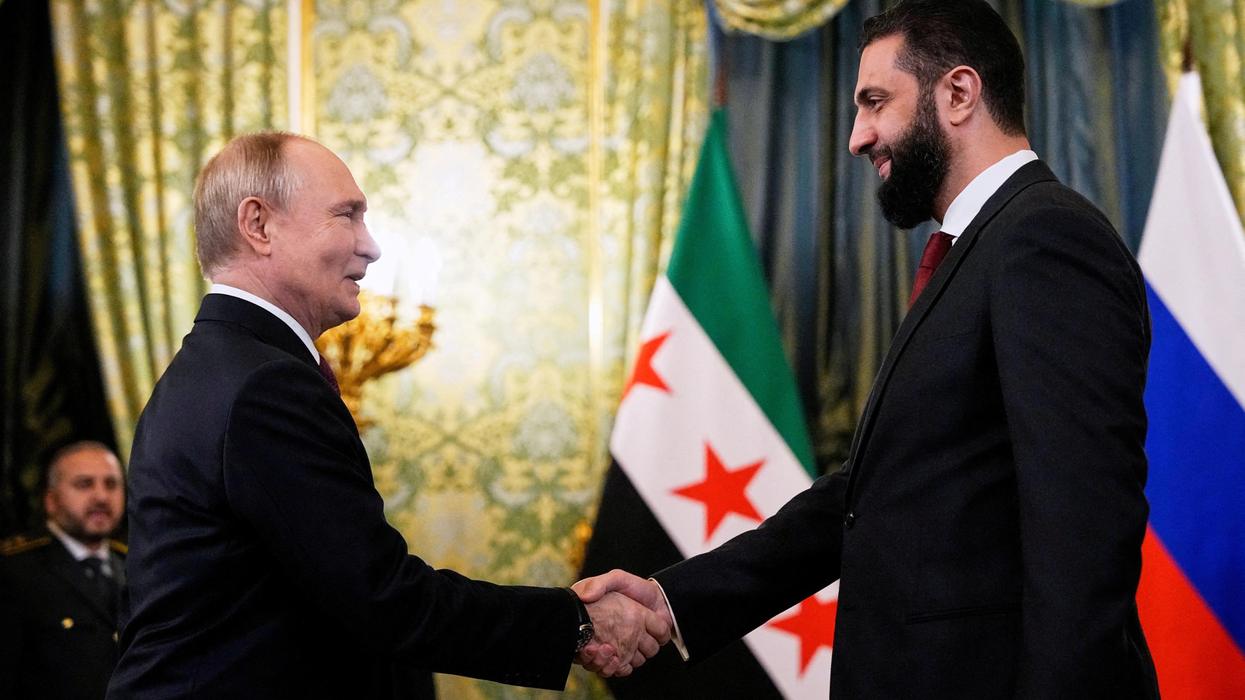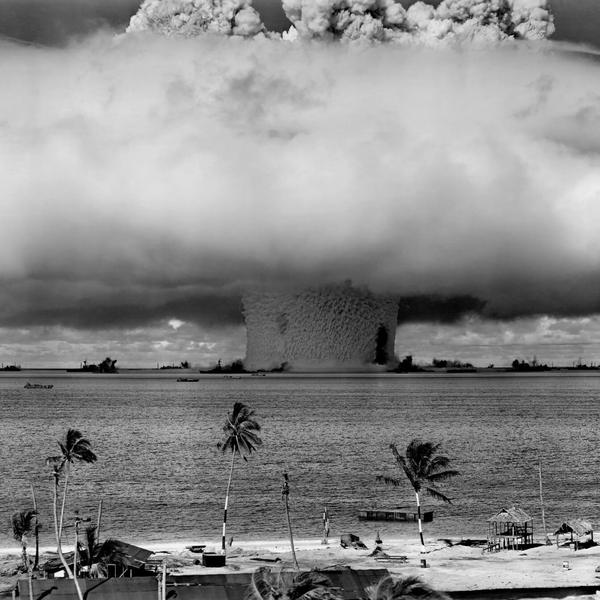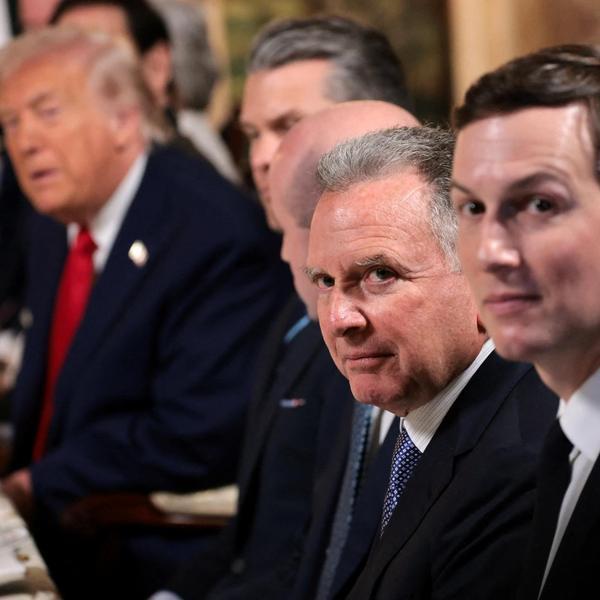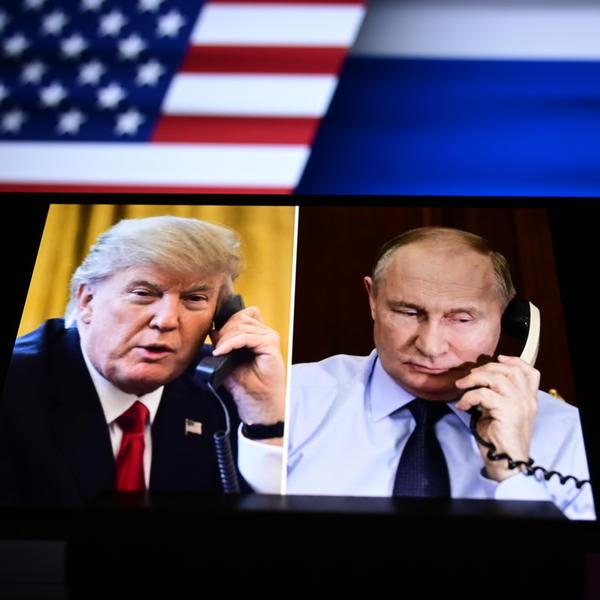Armenia and Azerbaijan announced on October 20 that their foreign ministers would meet with Secretary of State Mike Pompeo in Washington this week in an effort to end the heaviest fighting between the two countries since the 1990s. It's a worthy mission, but the Trump administration needs to exercise caution.
In late September, armed clashes erupted between Armenian and Azeri forces, igniting the latest phase in a decades-long struggle between the two countries for control of Nagorno-Karabakh. That ethnically Armenian region is legally part of Azerbaijan, but Armenia assumes responsibility for guaranteeing the minority enclave’s self-declared political independence, and Armenian-backed troops enforce that policy. Although violence has flared several times before, the current incident is especially serious. Both countries promptly declared martial law and commenced full military mobilization. As of October 19, more than 1,000 people had already perished in the conflict. Most of the fatalities thus far involve military personnel, but dozens of civilians on both sides also have died.
Washington apparently is pursuing a concerted diplomatic initiative to dampen the dangerous situation in the South Caucasus. U.S. officials worry that the conflict could spiral out of control, drawing in major outside powers, especially Turkey, Russia, and Iran. Among other problems, an expanded conflict could imperil the security of important pipelines in Azerbaijan that carry oil and natural gas to world markets.
Pompeo’s toe-dipping into mediation could pose problems and needs delicacy. One or more of those outside powers could easily misinterpret Washington’s role as an attempt to undermine their own objectives and important interests. Such an outcome would make an already volatile situation even worse.
Russia is especially likely to take a jaundiced view about a heightened level of U.S. involvement. Moscow has been hyperactive diplomatically since the earliest days of the fighting, negotiating two ceasefires that failed to hold. Despite those failures, the Kremlin may well interpret a U.S. diplomatic initiative as an attempt to displace Russian influence in yet another portion of its near abroad. The chilly state of overall relations between the United States and Russia is not conducive for trust regarding any issue.
Washington also needs to be concerned about Turkey’s reaction. Thus far, Ankara’s stance regarding the conflict has been extremely unhelpful and potentially very dangerous.
Turkey has injected itself into the conflict in a high-profile manner, declaring its “complete support” for Azerbaijan and placing total blame on Armenia for the fighting. Armenian Prime Minister Nikol Pashinyan criticized Turkey for its “aggressive behavior” and demanded that the Turks stay out of the matter. But Ankara has not backed off. Indeed, there is evidence that President Recep Tayyip Erdogan’s government has transported allied Syrian militants to join in the fighting on behalf of Azerbaijan.
Such meddling creates the danger of a showdown between Ankara and Moscow, since the Kremlin regards Armenia as a client, if not an outright protectorate. Turkey and Russia already are involved in a proxy war in Libya, where they support rival governments and have sent mercenary forces to back their respective clients. A similar situation in the South Caucasus has the potential to heighten tensions substantially.
The mere possibility of an armed confrontation between a NATO member and Russia is cause for alarm, since Article 5 of the North Atlantic Treaty considers an attack on any alliance member as an attack on all. A military incident between Turkey and Russia would require the United States to sort-out which party was guilty of aggression, and if it appeared that Moscow had initiated the clash, Washington would have an obligation to come to Turkey’s defense.
Both Ankara and Moscow can be faulted for their conduct in Libya, but Turkey is clearly the more disruptive player in the Caucasus. The Kremlin has consistently urged both Armenia and Azerbaijan to de-escalate the fighting. Erdogan’s government, on the other hand, appears determined to back Azerbaijan, even if that stance leads to an expanded and more deadly war.
Still another regional power, Iran, has a significant interest in the Nagorno-Karabakh conflict. But any notion of Muslim solidarity between Iran and Azerbaijan is misplaced; indeed, the clerical government appears to tilt at least slightly toward Armenia. Iranian fears about Turkey’s regional ambitions seem to outweigh any considerations of solidarity based on religion. Tehran’s inclination is reinforced because of the de facto Russian-Iranian alliance that has emerged with respect to the civil war in Syria.
Even more important, Iranian leaders are determined that their country’s interests will be respected and that Iran will play a significant role in any discussions or negotiations concerning the Nagorno-Karabakh conflict. On October 16, Foreign Minister Mohammad Javad Zarif proposed tripartite talks with Moscow and Ankara to address that issue — a move that Armenia welcomed.
For obvious reasons, though, Tehran will be highly suspicious of any U.S. bid to deal with the ongoing turmoil — or any other issue in the neighborhood. At best, Iran will be cool toward Washington’s diplomatic initiative; at worst, Iranian leaders will attempt to undermine it.
In addition to being cautious in its mediation effort between the Armenian and Azeri governments, the United States needs to take two important steps. Washington must assure Moscow that it has no interest in trying to eclipse Russia’s leading position in the Caucasus. The United States already has needlessly provoked Russia by meddling in Ukraine, Georgia, and other countries along the borders of the Russian Federation. It should take care not to repeat that blunder in the South Caucasus.
Perhaps even more important, the Trump administration needs to send Erdogan a blunt message that the United States has no intention of allowing itself to become entangled in a confrontation with Russia or Iran over a chronic dispute between a Turkish client state and its long-time regional adversary. It also would be a good occasion to emphasize to Ankara that its disruptive role in the South Caucasus on the heels of its similar behavior in Libya and elsewhere is making it difficult — if not impossible — to regard Turkey as a NATO ally in good standing.
Washington should continue its effort to be a helpful mediator between Armenia and Azerbaijan. Such a role is consistent with a constructive U.S. leadership role in the international system. Nevertheless, U.S. leaders must remain fully aware of how such an initiative may be misconstrued by other relevant actors in the region. The last thing the Trump administration should wish to do is make the U.S. role itself a high-profile, contentious issue that impedes a settlement and heightens already serious regional tensions. Diplomatic creativity combined with caution needs to be Washington’s guiding principle.



